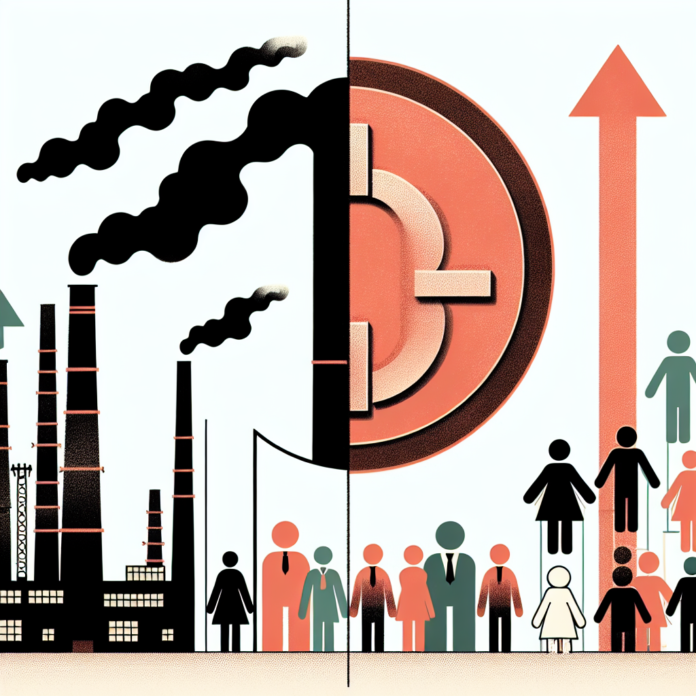Saskatchewan Industrial Carbon Tax Decision Faces Mixed Reactions
Saskatchewan’s Industrial Carbon Tax Decision Sparks Diverse Reactions
The recent decision by Saskatchewan to implement an industrial carbon tax has ignited a spectrum of responses from various stakeholders, reflecting the complex landscape of environmental policy and economic interests.
On one hand, proponents of the carbon tax argue that it is a necessary step toward reducing greenhouse gas emissions and meeting Canada’s climate commitments. They believe that by putting a price on carbon, the government can incentivize industries to adopt cleaner technologies and practices, ultimately leading to a more sustainable economy. Environmental groups have lauded the decision as a progressive move that aligns with global efforts to combat climate change.
However, the reaction from industry leaders and some political figures has been less enthusiastic. Many business owners express concerns that the tax could increase operational costs, making it more difficult to compete in both national and international markets. The fear is that such financial burdens could lead to job losses, particularly in resource-dependent sectors such as mining and oil and gas extraction. Critics argue that the tax could stifle economic growth and innovation, hindering Saskatchewan’s ability to attract new investments.
Moreover, this decision arrives amidst a broader debate about the effectiveness of carbon pricing as a tool for environmental change. Some experts suggest that while carbon taxes can drive down emissions, they must be accompanied by comprehensive policies that support renewable energy development and energy efficiency initiatives.
In response to these mixed reactions, the Saskatchewan government has emphasized that the carbon tax is designed with specific exemptions and rebates to alleviate the burden on vulnerable industries. They assert that the revenue generated from the tax will be reinvested into green infrastructure projects and renewable energy initiatives, which could create new jobs and stimulate economic growth in the long run.
As the implementation date approaches, stakeholders across the province are closely monitoring the situation. The government is expected to continue engaging with industry representatives and environmental advocates to refine the tax and address concerns. Ultimately, the success of Saskatchewan’s carbon tax will depend on its ability to balance environmental goals with economic realities, a challenge that many provinces and countries face as they navigate the transition to a low-carbon future.
In summary, while Saskatchewan’s decision to impose an industrial carbon tax has garnered support from environmentalists, it has also raised significant concerns among business leaders about its potential impact on the economy. As discussions continue, the outcome of this policy will likely shape the province’s environmental and economic landscape for years to come.


